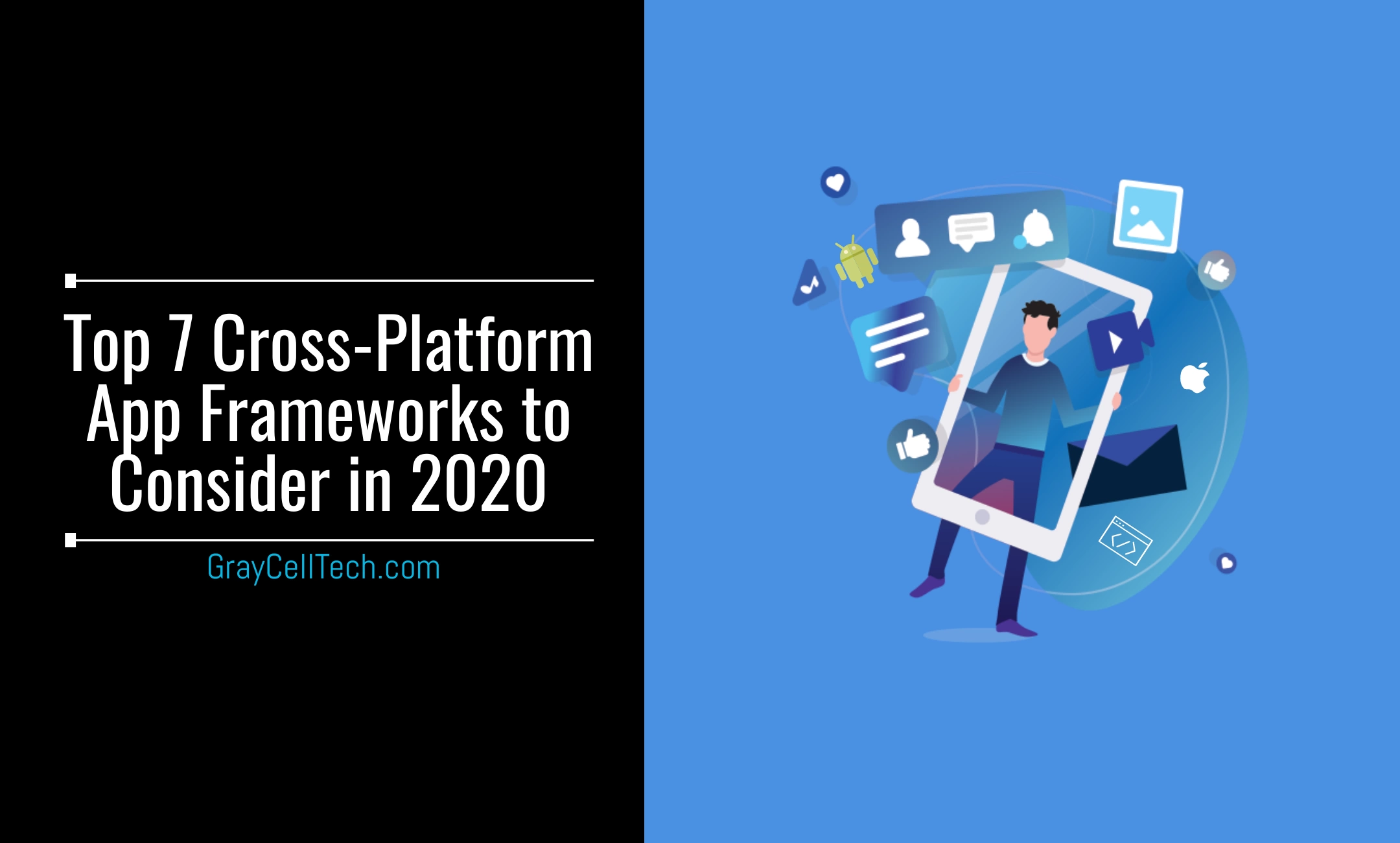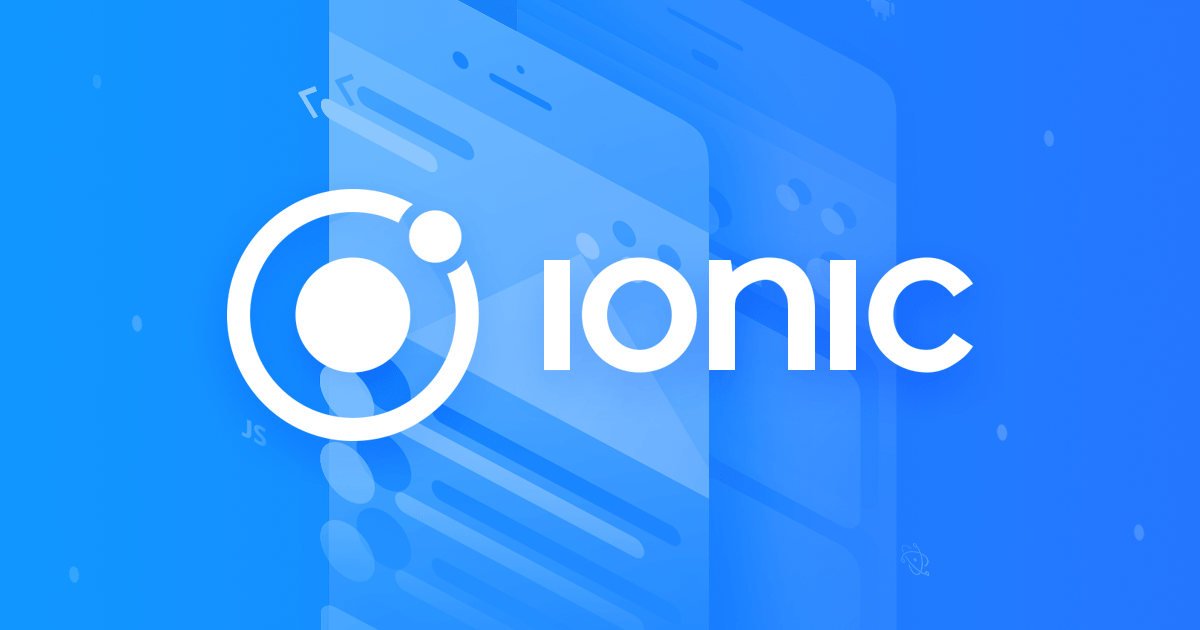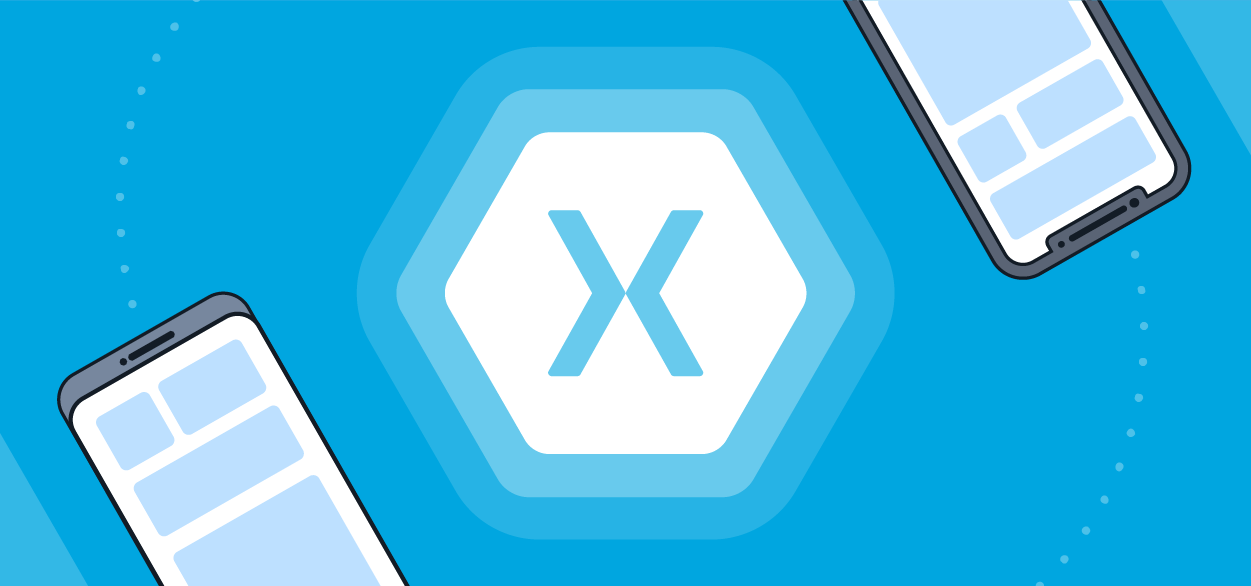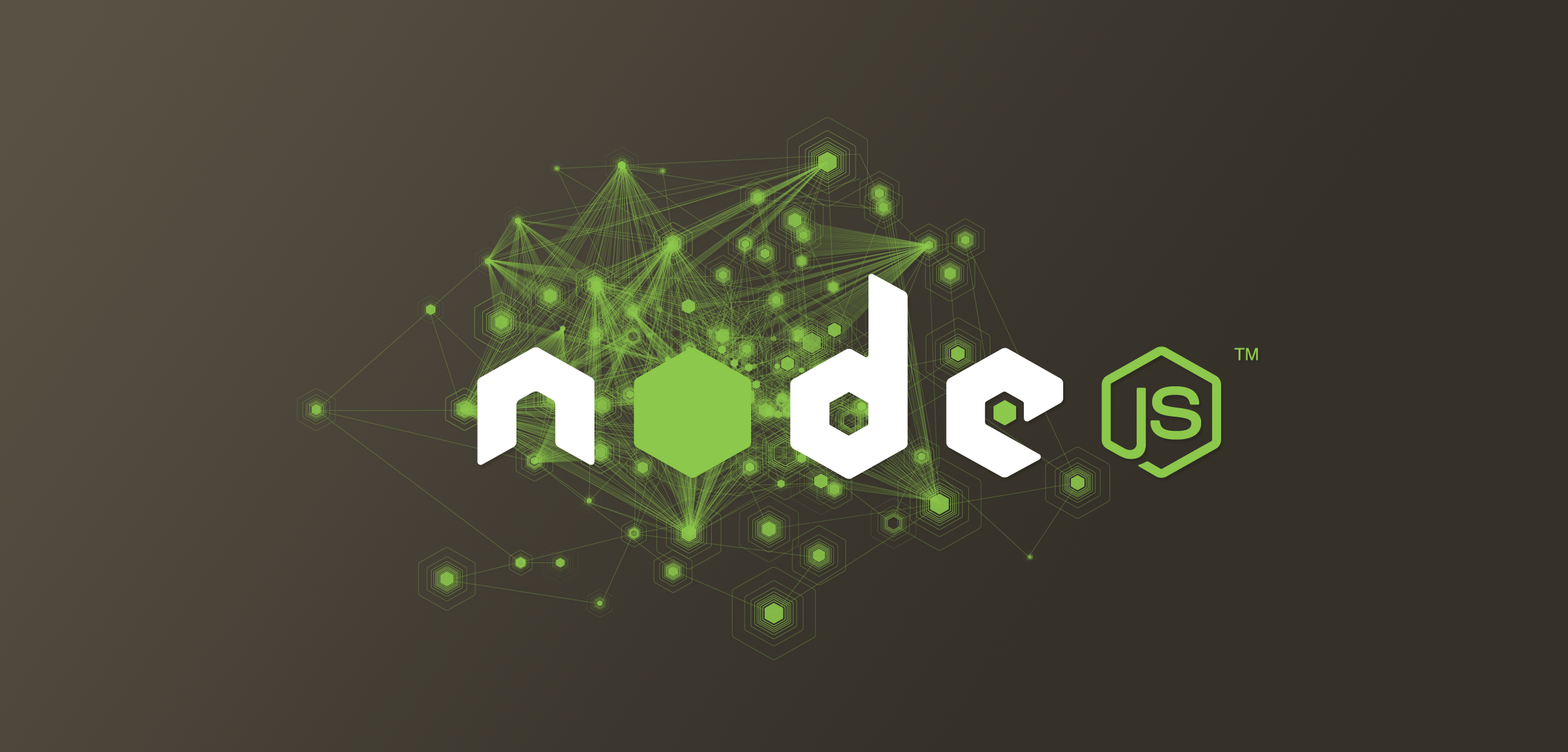In January 2020, Statista reported that the number of mobile app downloads worldwide increased from 140.7 billion apps in 2016 to 204 billion apps in 2019.
In today’s digital era, tech giants are investing a huge amount in the mobile app development industry. It is due to the fact that mobile apps play a significant role in creating brand awareness, boosting customer engagement, reducing costs, delivering personalized content, and increasing sales.
In the fourth quarter of 2019, Google Play was the largest app store having 2.57 million Android applications, while Apple’s App Store was the second-largest app store having 1.84 million iOS applications.
Businesses are focusing more on cross-platform mobile app frameworks because of its numerous advantages. Cross-platform frameworks require a single code for both Android and iOS platforms that not only reduces time and efforts, and saves money, but also increases the target audience. However, choosing the right cross-platform framework is a challenge. So, here we have enlisted the top 7 cross-platform app frameworks that can help your business to stay relevant.
Flutter
Flutter is a popular cross-platform mobile app development framework in 2020. It is written in Dart language and launched by Google. Flutter is an open-source mobile app development SDK.
The option of the 2D rendering engine (Skia) has made this framework very popular. It is the best cross-platform mobile app development framework because it does not require to restart the entire development process in case there is an error. This means the error can be resolved in real-time.
Advantages:
- Fast app development
- Responsive
- Easy-to-use UI
- Provides widgets and libraries
- Clear documentation
Disadvantages:
- Limited libraries
- No flexibility
React Native
React Native is an open-source cross-platform mobile app development framework built by Facebook. This framework supports JavaScript codebase and utilizes the same codebase for developing both Android and iOS applications. The framework helps to build high-performance mobile applications within a short span, making this framework powerful as well as reliable. The framework design enables the developer to reuse components for integrating the rich mobile UI.
Advantages:
- Fast programming due to JavaScript
- Enables codebase sharing
- High performance
Disadvantages:
- Cannot be used for cross-platform development completely
- Compatibility issues
- Native modules require expertise
Ionic
Ionic is among the most popular cross-platform app frameworks, built using Angular and Cordova. It can be used to develop apps for three different platforms, namely Android, iOS, and Windows. This framework helps developers to build a user-friendly app interface and user-friendly features. It is an open-source front-end framework that allows developers to alter the development process according to their unique ideas.
Advantages:
- Easy to learn
- Fast prototyping
- Concise documentation
- Single codebase across various platforms
Disadvantages:
- Plugin-dependent
- Security issues
- Overall performance lacking
Xamarin
Xamarin is an open-source cross-platform mobile app development framework acquired by Microsoft. It utilizes the same codebase for Android and iOS applications. This framework utilizes C# programming language that eliminates the need to learn Swift or Java for developing Android or iPhone apps. Xamarin is more advantageous than React Native as it provides a native-like aesthetic experience to your app.
Advantages:
- Performance is almost equal to Native
- Easy to maintain
- Requirement of only one stack of technologies for various platforms
Disadvantages:
- High cost
- Limited access to open-source libraries
PhoneGap
PhoneGap is a cross-platform app development tool that supports different languages such as HTML5, CSS, and JavaScript. If you want to develop a cross-platform mobile application, PhoneGap is a good choice. You can not only develop apps for all major platforms but also add features in the form of add-ons. This framework provides you an option to work without any hardware restrictions.
Advantages:
- Fast Deployment
- Fast Testing
- Same codebase for all platforms.
Disadvantages:
- Performance is comparatively low
- Lack of UI widgets
Corona SDK
Both Corona SDK and Flutter work in the same way. Corona SDK is an open-source cross-platform framework ideal for building apps and games for desktop, mobile devices, tablets, and smart TV. It builds apps on all major platforms such as Android, iOS, macOS, and Tablets. This framework is reliable as it offers a backend framework language called Lua, which is a lightweight application development language. Corona SDK concentrates on significant parts of the app development, such as portability, scalability, and ease of use.
Advantages:
- Require to write
- Easy to use and learn
- Good amount of plug-ins
- Minimum lag
Disadvantages:
- Costly to use
- Cannot integrate native plugins
Node.js
It is the most powerful framework for developing cross-platform mobile applications. Apps developed using Node.js are often highly responsive and efficient. This framework works on JavaScript (that is based on the Chrome V8 JavaScript engine) codebase.
Node.js can handle a few concurrent tasks at a time. It also has an in-built library that simplifies the entire development process. The library is speedy enough.in terms of execution.
Advantages:
- Code sharing and reusing
- Good technology stack
- Fast performance
Disadvantages:
- Performance degrades with heavy work
- Callback hell concern
Final Words
Selecting the framework mostly depends on the individual business requirements. For instance, if you want to build a gaming app, then Corona SDK is the appropriate choice. You must identify your business requirements to figure out the best cross-platform mobile app framework for your business.












